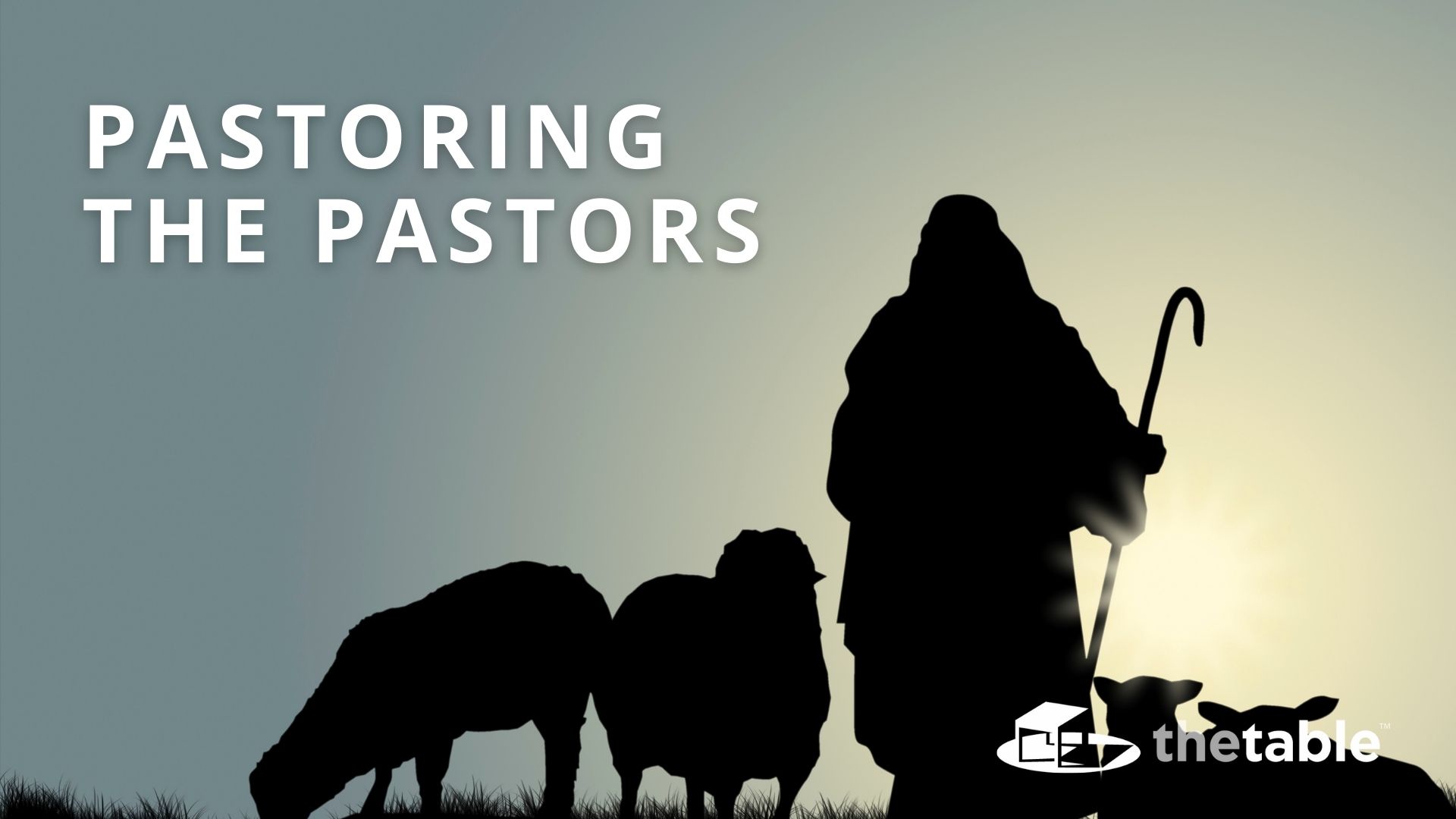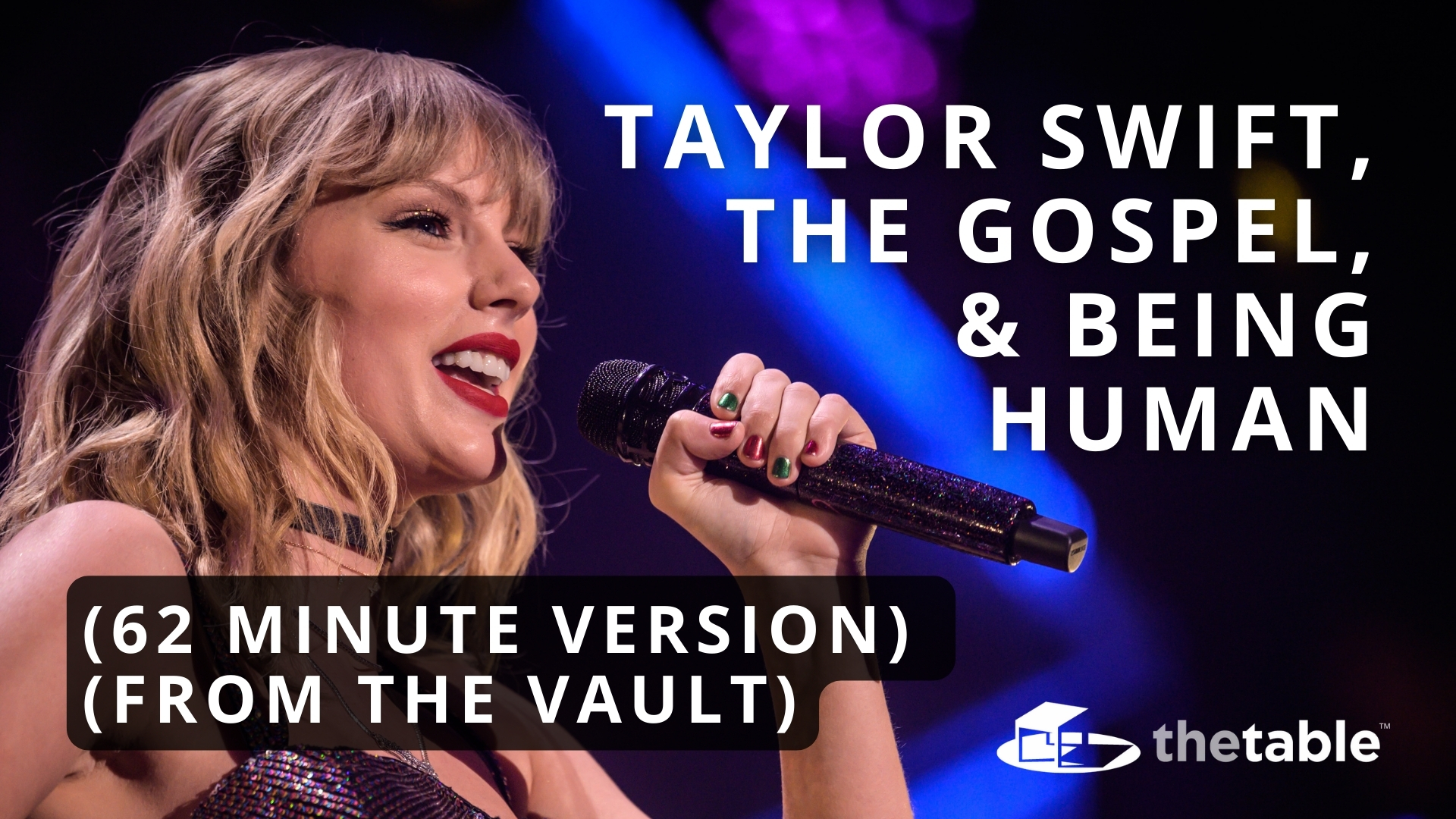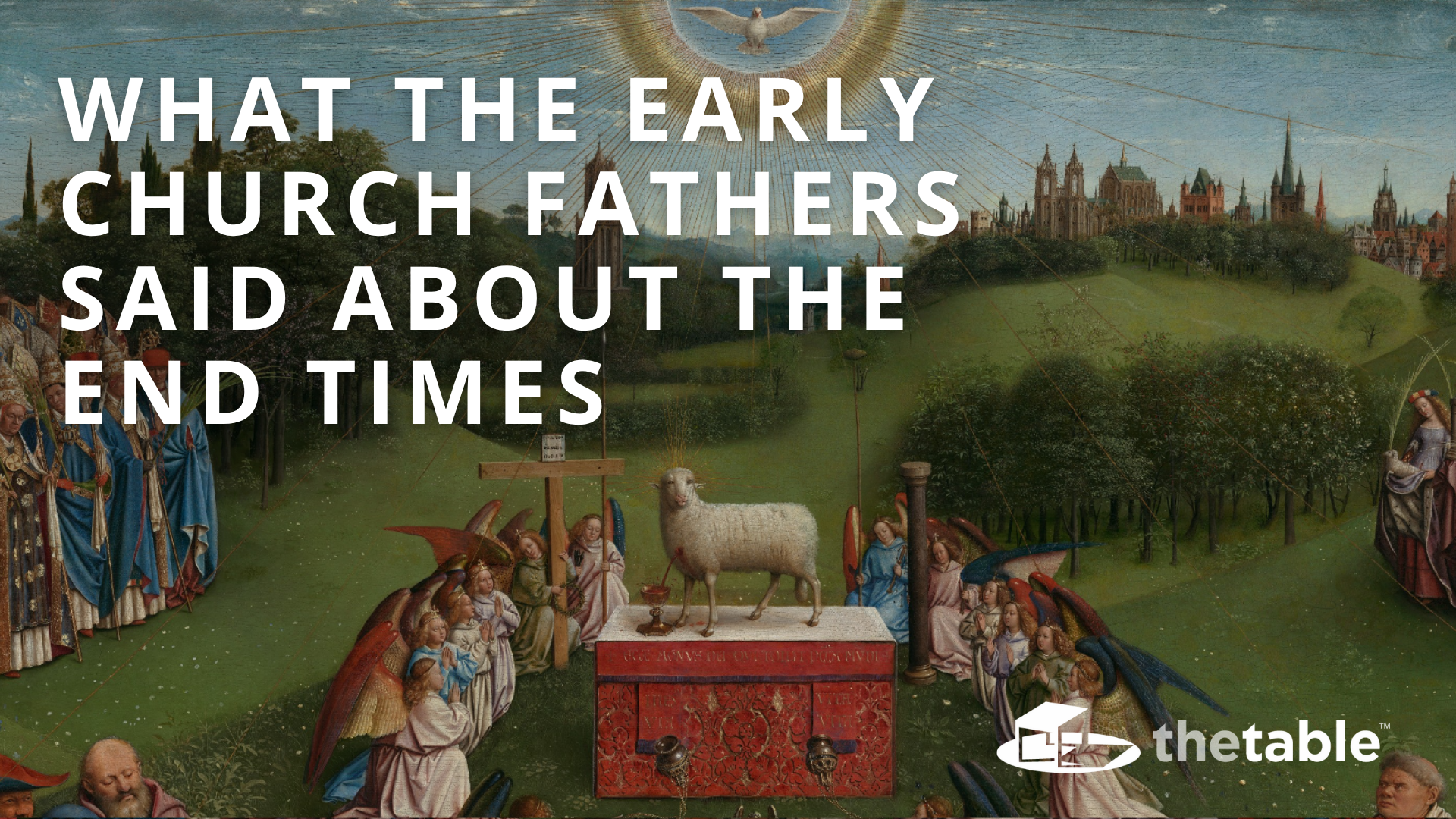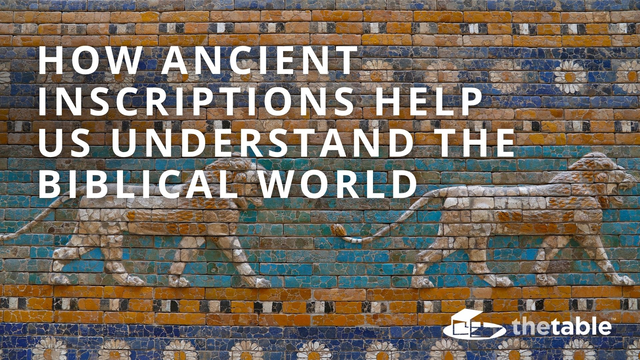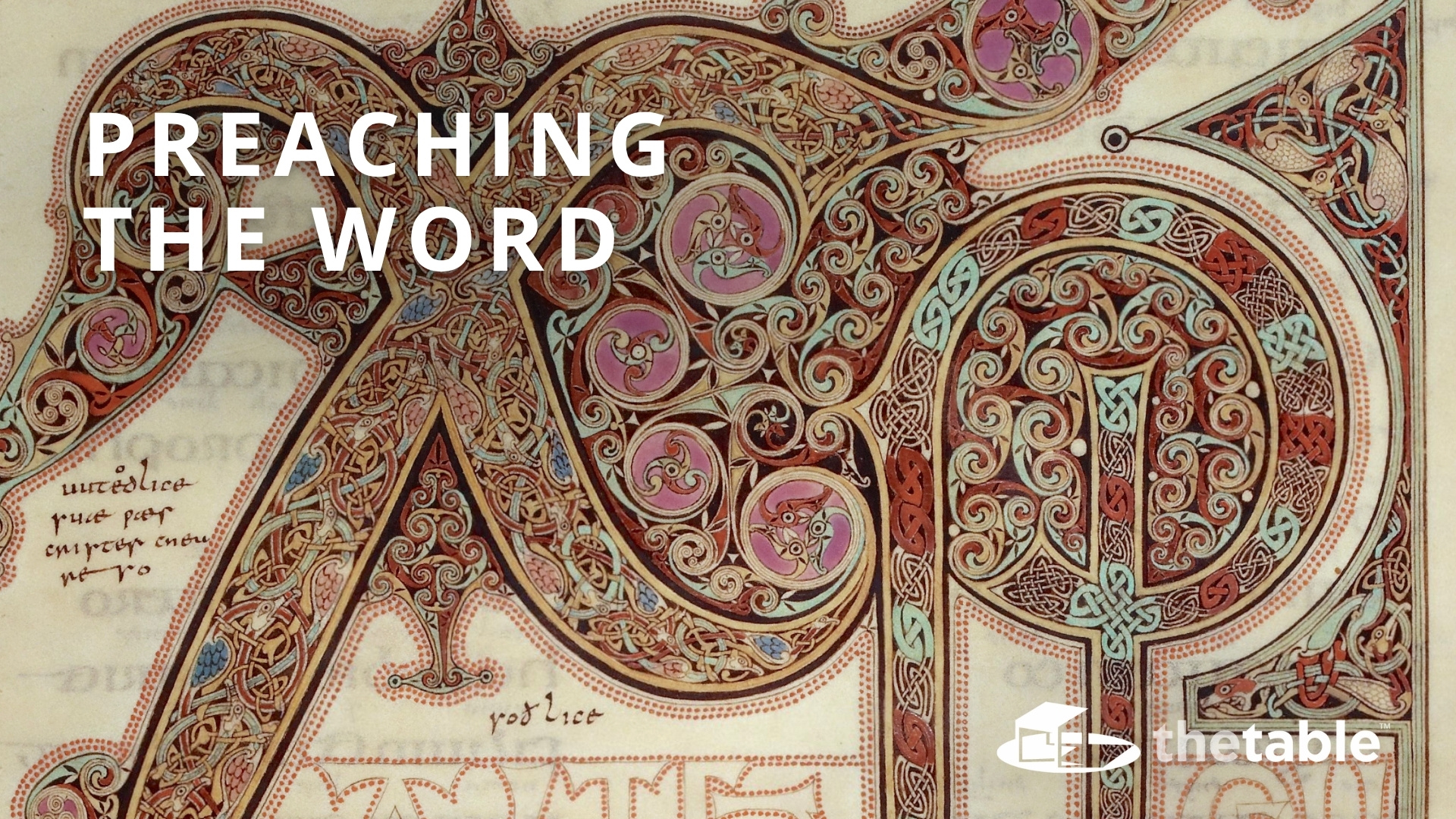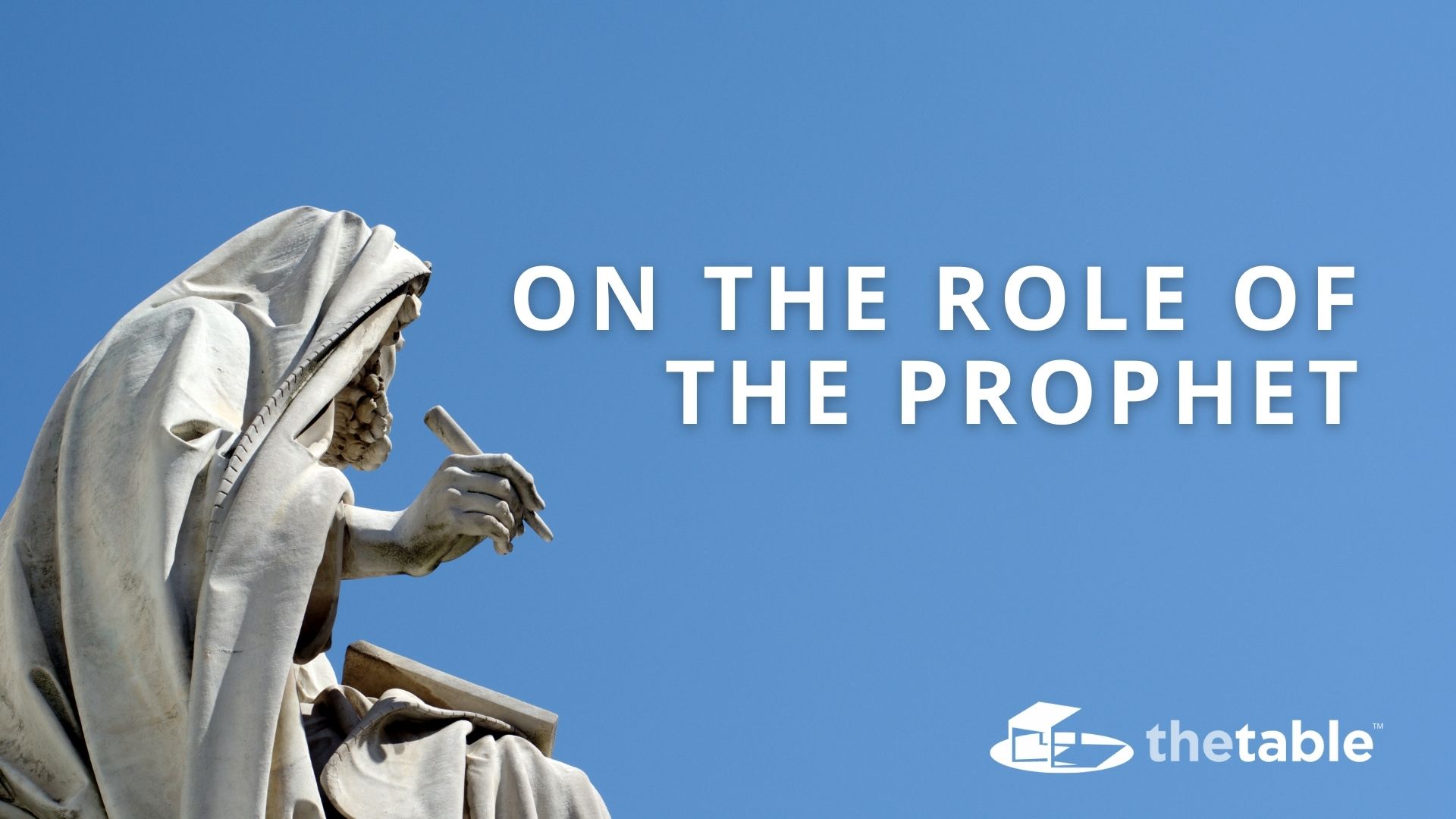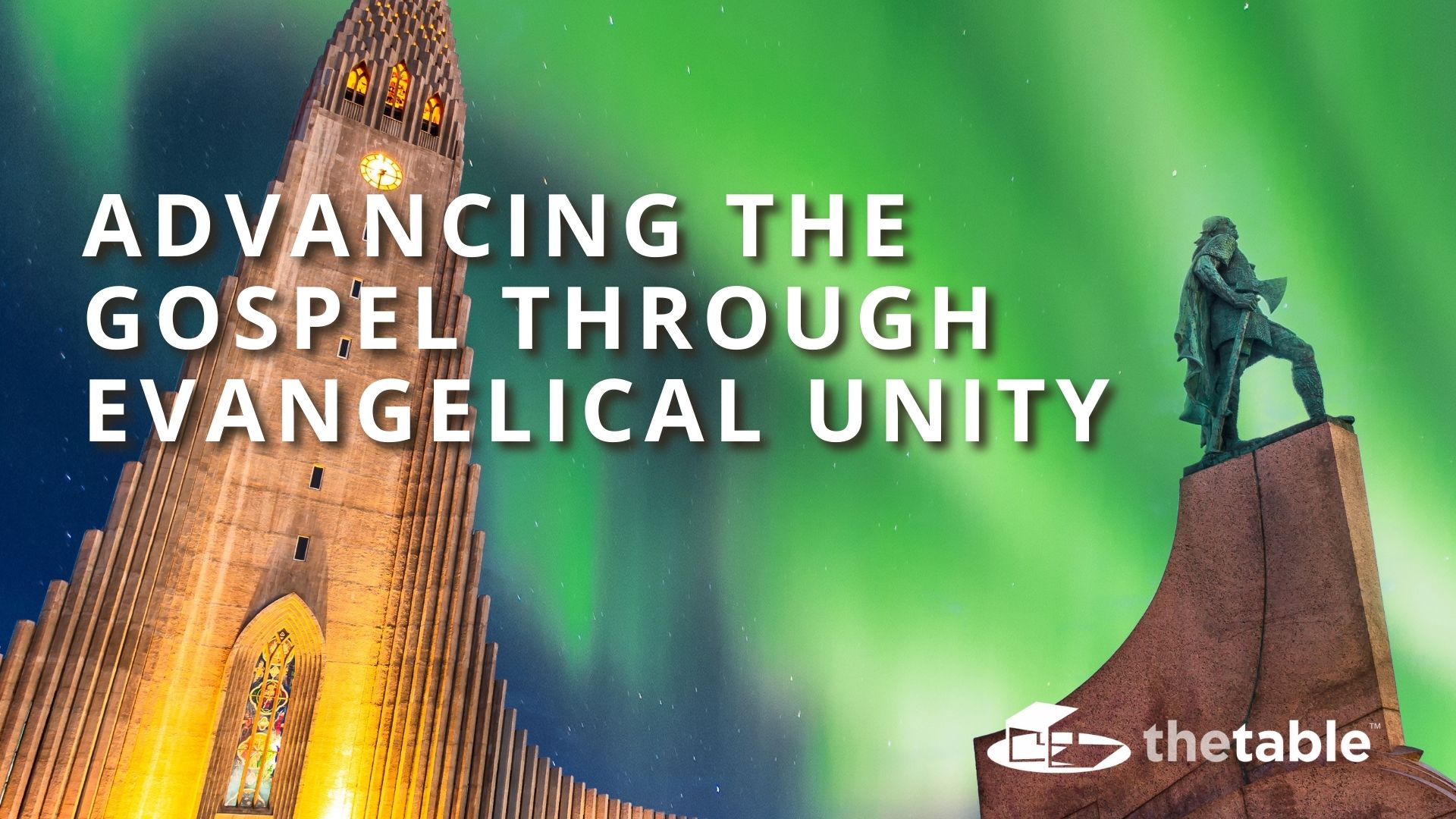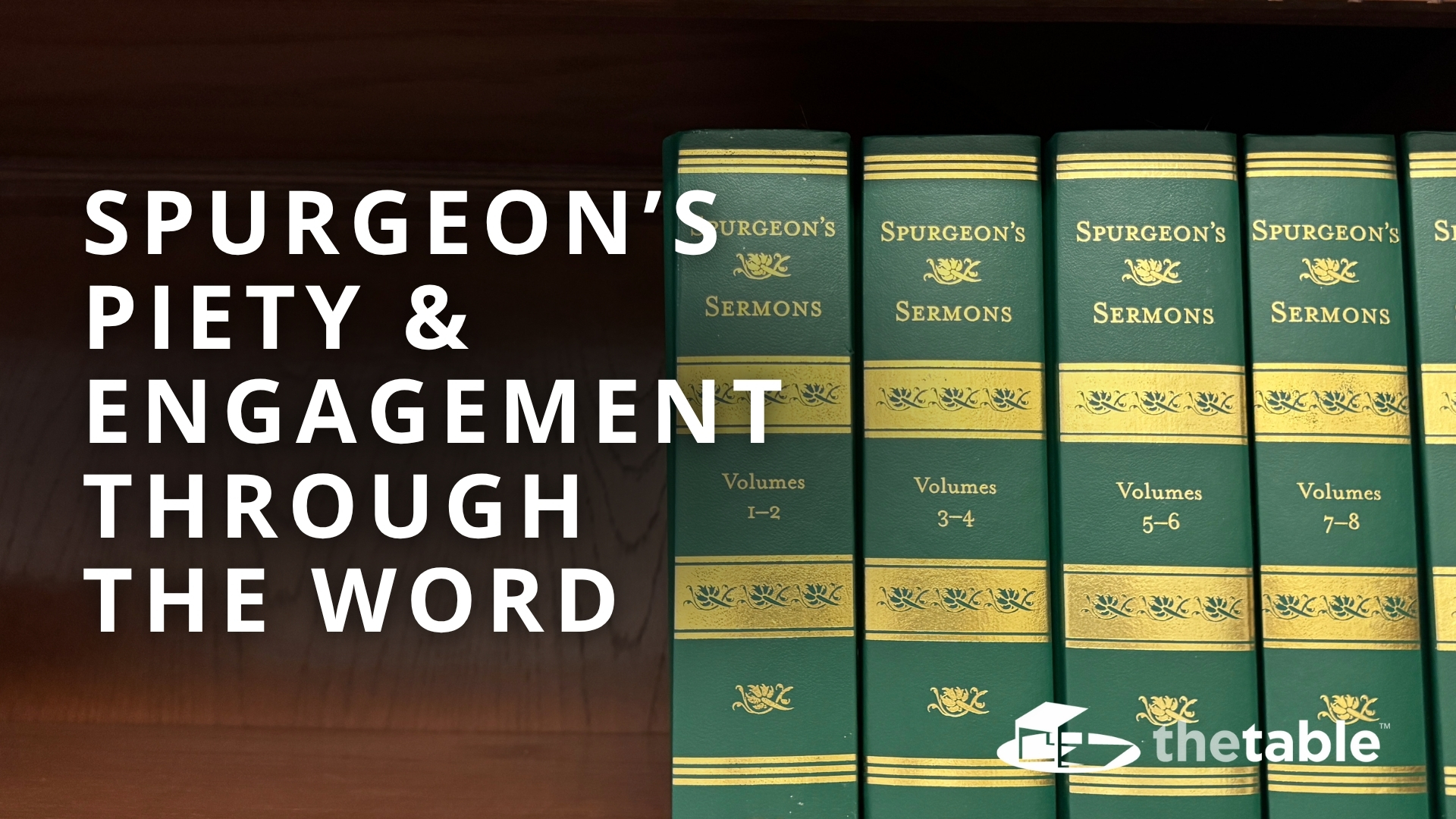What Makes a School Christian? – Classic
Description
Darrell Bock:
Welcome to The Table. We discuss issues of God and culture. I'm Darrell Bock, Executive Director for Cultural Engagement at the Hendricks Center at Dallas Theological Seminary. And our topic today is higher education, in particular Christian higher education. And I have two wonderful guests. Perry Glanzer is Professor of Educational Foundations at Baylor and the School of Education there and Residence Scholar at Baylor Institute for the Study of Religion. I have to take another breath because he's also Editor-in-Chief of what is it, Scholars Review. I have that right?
Perry Glanzer:
Christian Scholars Review.
Darrell Bock:
Christian Scholars Review, got to have the Christian in there. That's important for our conversation. And then Christina Crenshaw is associate here at the center and formally taught in lots of places at Baylor. So she was in the English department, she was in department of education, did a lot of work with on communication and that kind of thing. And Christina's been with us on and off over the last three years as working with the center first as a visiting scholar and now as an associate. So first of all, welcome to you all. I really appreciate you being a part of our conversation on Christian higher education.
Christina Crenshaw:
Yeah, thanks for having us.
Darrell Bock:
So let me begin, this is a question I always ask someone who has joined us for the first time, Perry, and that is, how did a nice guy like you get into a gig like this, what are the origins of your involvement in education and Christian education in particular?
Perry Glanzer:
Well, it all went wrong at Rice University where I thought I was going to be an electrical engineering major and then decided to do what I enjoy instead of what I thought would make money and get a job. And so I became a history, political science and religion major. And while I was there, I as a part of a Christian group and went overseas to Thailand. And when I was there I saw a professor at a Christian university there in Thailand making a tremendous difference. I thought, "I think that's what I'd like to do."
And so I made it my goal then to become a professor who would teach, especially overseas, was my goal. And so I went down that track. I ended up teaching overseas in Russia for a year, but due to some various difficulties, we had to come back. And so I ended up in the United States, which ended at Baylor, which is really where I never thought I'd be. And I also ended up in the school of education instead of… My PhD's in religion, which I wasn't sure about when I first started. I thought, well this will be interesting. And it's actually been wonderful because I love the interdisciplinary nature of it. So that's how I ended up.
Darrell Bock:
That's interesting.
Perry Glanzer:
Doing this sort of thing.
Darrell Bock:
Being from Dallas, I might say, well maybe Waco is kind of like being overseas. Who knows? But anyway, Christina, what about your story? I don't think we've told it. So how did you end up being in the area that you're in?
Christina Crenshaw:
Yeah, I think I've told it on a few other podcasts, but I'm going to start it actually with Dr. Glanzer. I mean, I could start it well before then. I had taught high school English, already had my master's degree, but I met Dr. Glanzer in my doctoral program. He was actually one of my professors. And I sometimes joke when I tell the story, I lament that I didn't take his class sooner. I think just the sequence of curriculum, it was my last semester, but it was the first class I had taken in all of my education undergrad, masters… And here I am at a Christian university, it's the first class that challenged me to think interdisciplinary, but to think Christianly about the work that I was doing.
That there really is a distinctly different way and a different approach and a different heart motive for approaching the classroom when you put it through a Christian lens. And that then inspired my dissertation. I think Dr. Glanzer knows that story, but I came to his office and I said, "Give me all of the great Christian thinkers." Most of them were coming out of Biola. I remember really looking through a lot of different Christian worldview texts, and again, I wrote my dissertation on that and decided at that point that I wanted to really pursue Christian higher education and Christian teaching.
Darrell Bock:
Well, let's talk about the Christian higher education institution, but let's start generally with higher education in general. And actually, the way PhDs are set up are a nice way to think about this and walk into this conversation. Because if you do a PhD, generally speaking in the United States, you take classwork alongside the writing of your PhD. And so at least that's the way most of the programs that work in theology work in seminaries and that kind of thing. You're taking anywhere from a year, well theoretically a year, 30 hours of classwork and then you write your dissertation. Whereas if you do a dissertation overseas, it's a strictly research-structured degree.
So in the United States you've got classroom and research. In Europe, you've got the strictly research degree, which shows the direction and the focus of most universities in a European context. And I think that one of the tensions in higher education among many things that are discussed is to what extent are faculty aiming at their research and writing direction and at what extent are they committed to the classroom. So let's start there. Perry, since you work in education, so obviously the classroom's important to you, just elaborate on that a little bit and why that's an important part of this conversation.
Perry Glanzer:
Yeah, I would say it helps to understand that there's different kinds of universities throughout the world, but particularly in the United States, some of them are really mainly teaching colleges. And so research is not the primary focus of those. Especially if you hear the term liberal arts college, and so a lot of those, they specialize in teaching and that is really their focus. But then there are others, especially the big state institutions, or institutions like Notre Dame and Baylor, that are research universities where half of what the professor does is related to teaching the other half to research.
And certainly, in a fallen world, there are those who maybe neglect part of their job, maybe they neglect the teaching for their research or they neglect their research for their teaching, or perhaps they neglect both. But also from my experience, most professors are really quite serious about both. And particularly at a Christian university like Baylor, I have found professors, especially I do what are called exit interviews with seniors at Baylor, and we ask about the moral and Christian influence of their professors. And by and large it has been very strong and very healthy in terms of some of those relationships both in the classroom and outside the classroom.
Darrell Bock:
So part of the tension that I'm raising by making these kinds of distinctions, of course what happens at most Christian schools is that research, generally speaking, is not as central as it is in some university context. You're busy just covering the array of classes that you have to teach. And so teaching tends to be a priority at most Christian, at least seminaries, that I'm aware of. And I think that's generally true of Christian colleges. And then we've got the old discussion about do you call yourself a college? Do you call yourself a university perhaps to distinguish that balance to a certain degree? So Christina, as I think about this and you think about your own career in particular, talk about that tension between the pursuit to write and grant tenure and bring institutional credibility to a school which comes significantly often through the research arm of the school versus the teaching and the focus on the classroom and the focus on the students.
Christina Crenshaw:
Yeah. Well I would say, Dr. Bock, a lot of it depends, as Dr. Glazer mentioned, on the university and the university expectations. But a lot of it also depends on the personality of the academic. I knew just on my own pedagogical experience that I was bent more towards teaching than research. I'm definitely an inquiry-driven person, but would much rather be with students than just strictly in my office crunching data, doing quantitative data. So I think that people tend to gravitate, really the reality is often you get a job that the tenure-track positions are very difficult to come by.
But I was lucky enough right out of my doctoral program to land a tenure-track position at California Baptist University, which is a teaching institution. And so then my teaching load was heavier than say a tier-one research university like Baylor University. But yeah, I think that the tension isn't really… Sometimes I feel like it may be a little bit more manufactured than it is in reality. Certainly the pressures at a tier-one research school, state school, private school are going to be heavier on the research than the teaching and then vice versa. But I have found that people generally enjoy both and then sort of lean into their bent the way that the Lord has wired them. For me personally, it was more towards classroom teaching, the discipleship, being with students.
Darrell Bock:
Now obviously there are lots of other issues related to just being in higher ed that we don't have time to discuss and in some ways won't be a direct part of this conversation. The things about how expensive educati


